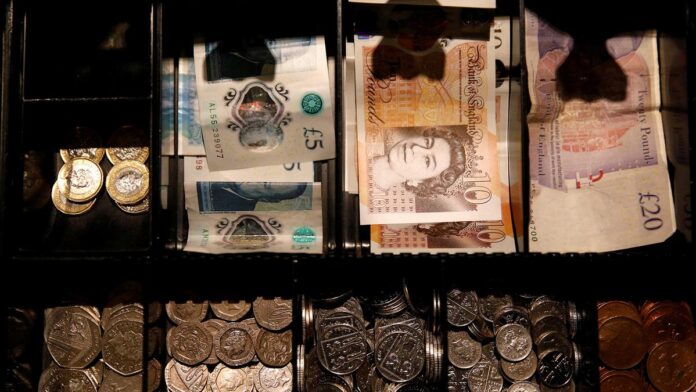
As inflation rates have fallen from multidecade highs, the central banks have started cutting interest rates. File (representational image)
| Photo Credit: Reuters
Inflation in the U.K. has risen to its highest level since March, driven by an increase in fuel prices last month, official figures showed on Wednesday (December 18, 2024).
The Office for National Statistics said consumer price inflation rose by 2.6% in the year to November, up from 2.3% the previous month. The increase, which took inflation further away from the Bank of England’s target of 2%, was in line with market expectations.
This is the biggest increase since March and the second rise in two months and will likely cement market expectations that the Bank of England will keep its main interest rate unchanged at 4.75% after its policy meeting on Thursday (December 19, 2024).
Rate-setters had anticipated a pick-up in inflation when the central bank last cut rates in early November as price pressures eased earlier in the year — in September, inflation had fallen to its lowest level since April 2021.
Still, inflation in the U.K. and across the world is far lower than it was a couple of years back, partly because central banks dramatically increased borrowing costs from near zero during the coronavirus pandemic when prices started to shoot up, first as a result of supply chain issues and then because of Russia’s full-scale invasion of Ukraine which pushed up energy costs.
As inflation rates have fallen from multidecade highs, the central banks have started cutting interest rates, though few, if any, economists think that rates will fall back to the super-low levels that persisted in the years after the global financial crisis of 2008-2009.
Recent developments have scaled back expectations of rapid cuts from the Bank of England.
The Critics have argued that the new Labour Government’s first budget in October will lead to higher inflation. The extra public spending announced in the budget will be largely funded through increased business taxes and borrowing.
The Economists think that the splurge, coupled with the prospect of businesses cushioning the tax hikes by raising prices, could push inflation higher than it otherwise would have been.
Published – December 18, 2024 02:34 pm IST
